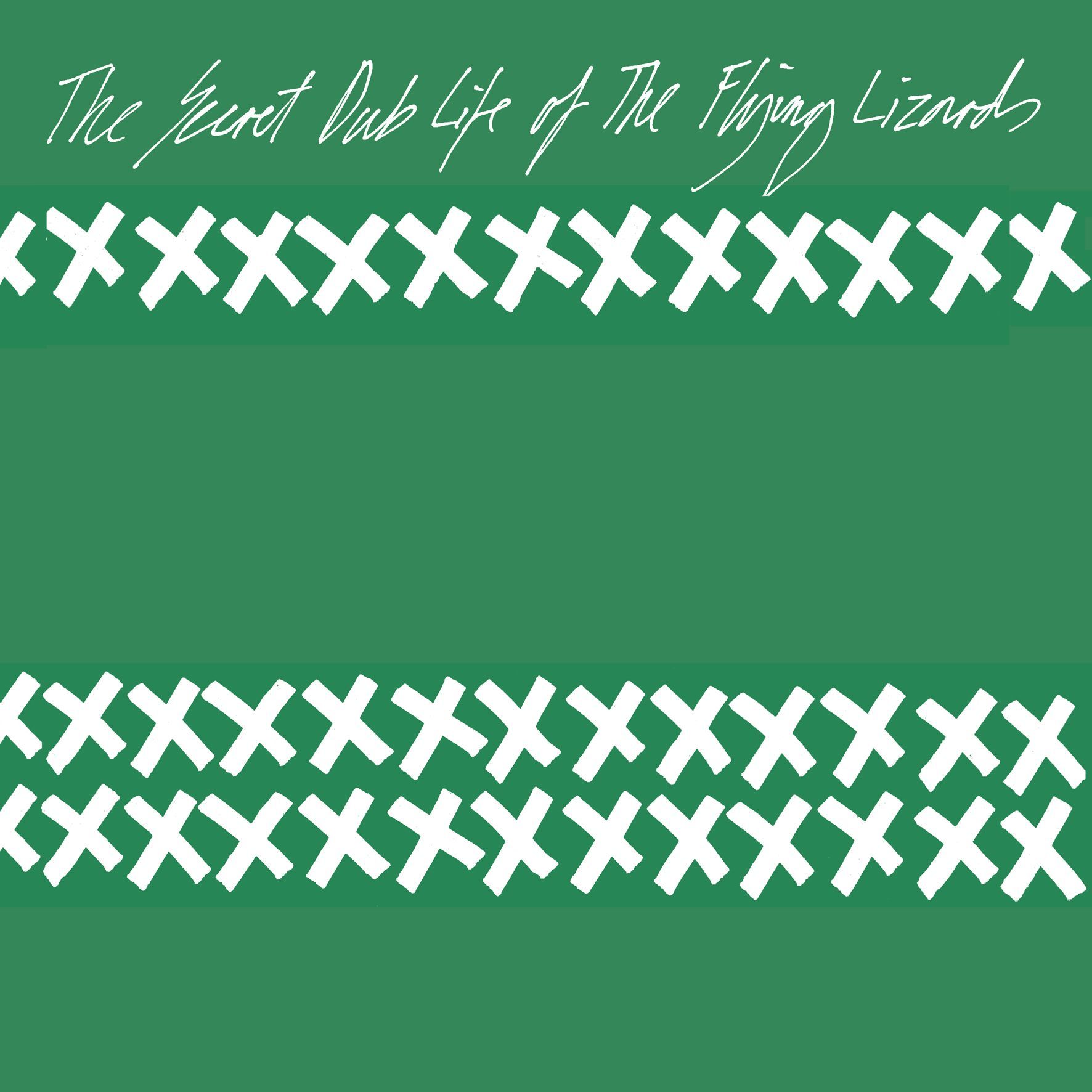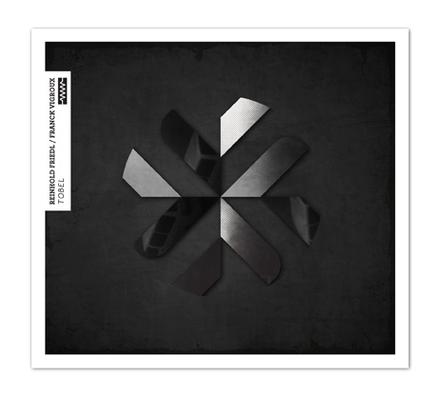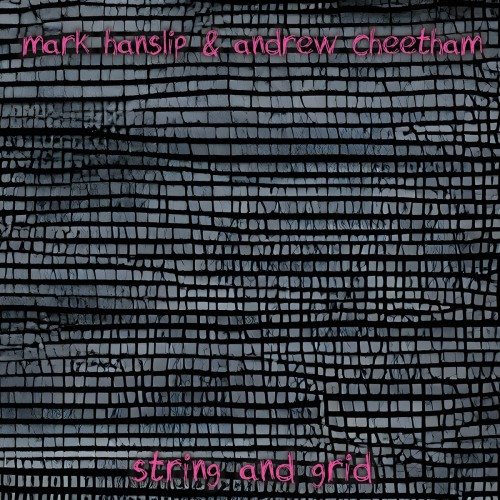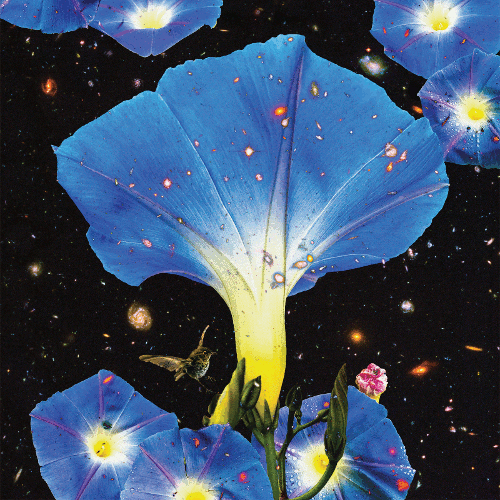 As the slipstream of punk washed its way through the record industry in the late 70s and early 80s it seemed to many of us that commercial music might be changed forever to become permanently open to imaginative, offbeat constructions and general weirdness. That was, of course, the kind of naïve illusion that makes youth bearable. What really happened was that the genuine musical revolution happening at the grass roots was simply mined by the industry for product, picking up aspects of the new music and isolating them as gimmicks that could be marketed as novelties of various kinds. So it was that the early 80s created a slew of novelty records and, in this case in particular, the ‘messthetics’ of The Desperate Bicycles and The Door and The Window – avowedly amateur music that disdained commercial polish and sniffed at the market – finally achieved marketable commodity form in the shape of The Flying Lizards.
As the slipstream of punk washed its way through the record industry in the late 70s and early 80s it seemed to many of us that commercial music might be changed forever to become permanently open to imaginative, offbeat constructions and general weirdness. That was, of course, the kind of naïve illusion that makes youth bearable. What really happened was that the genuine musical revolution happening at the grass roots was simply mined by the industry for product, picking up aspects of the new music and isolating them as gimmicks that could be marketed as novelties of various kinds. So it was that the early 80s created a slew of novelty records and, in this case in particular, the ‘messthetics’ of The Desperate Bicycles and The Door and The Window – avowedly amateur music that disdained commercial polish and sniffed at the market – finally achieved marketable commodity form in the shape of The Flying Lizards.
The Lizards’ mastermind was David Cunningham, assisted by scribbler David Toop and free improv stalwart Steve Beresford, as well as ‘names’ such as Robert Fripp, Pat Palladin and Viv Goldman. The schtick here was an Eno-lite idea that versions of popular classics (Cochran‘s “Summertime Blues,” Brown‘s “Sex Machine,” and – a hit – Barret Strong‘s “Money”) could be constructed in the studio from sound effects, music toys and non-standard instrumentation; and this would be executed with a slab of irony, to be received enthusiastically by listeners supposedly heading in a post-rockist direction. In short, rock music would be made safe for college lecturers such as Toop.
Cunnigham wore other hats too, as a minimalist musician and even as the producer of the first This Heat album (kudos, for sure). On this release he remixes a Jah Lloyd album, recorded for Virgin‘s Front Line label in 1978 but unreleased at the time. I am at a loss as to why this release is credited to The Flying Lizards, rather than Cunningham directly, unless it is simply to cash in on the more commercially successful brand. This remix project was certainly potentially interesting since Cunningham was given only a mono master tape to work from – hardly the best source for a traditional remix, but raising the possibility that the producer might be forced to try more radical approaches in order to reshape the music. You can imagine the technical limitations forcing Cunningham to take extreme measures with the sources in order to wring some new sonic universe from them. Sadly, this doesn’t happen. Instead it seems that he achieved the not inconsiderable technical feat of turning the mono masters into a regulation issue dub production that will be entirely familiar to anyone who has heard any such remixes from that era. As an example of studio craft this is, as I say, quite an achievement. It must have been painfully time-consuming to have to filter all the sources to try to isolate aspects of the music for remixing; but musically it seems redundant, as the result is no different than if he’d have the full master tracks to work with and applied the usual armoury of effects.In many ways this is the archetypical ‘me too’ white man’s dub record. All of the formal techniques of Jamaican dub are present and correct (drop-outs, snare flanging, echoing hi-end flak), but it’s perfectly formulaic. There’s none of the supple rhythmic play or sheer weirdness of an Upsetter production, and none of the chattering complexity of say, a Dennis Bovell/Blackbeard mix either (which maybe prefigured what would happen later with drum and bass), but rather a paint-by-numbers version of workaday Scientist or King Tubby. Of course, I’m being shitty to David Cunningham, a man who’s committed no crimes against humanity that I’m aware of. It’s not that this is such a bad dub record – it would sit happily alongside many others recorded at a similar time and place – but it sounds aimless, and adds nothing to either the history of dub or the reputation of David Cunningham.
-Andy Wilson-



